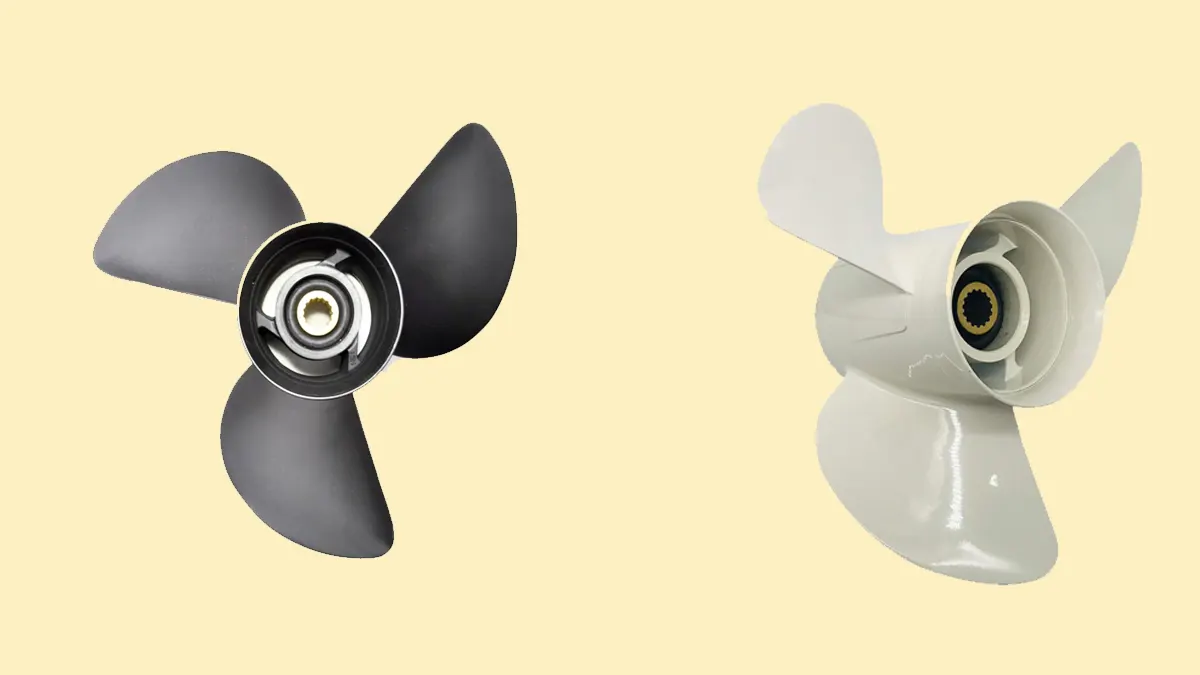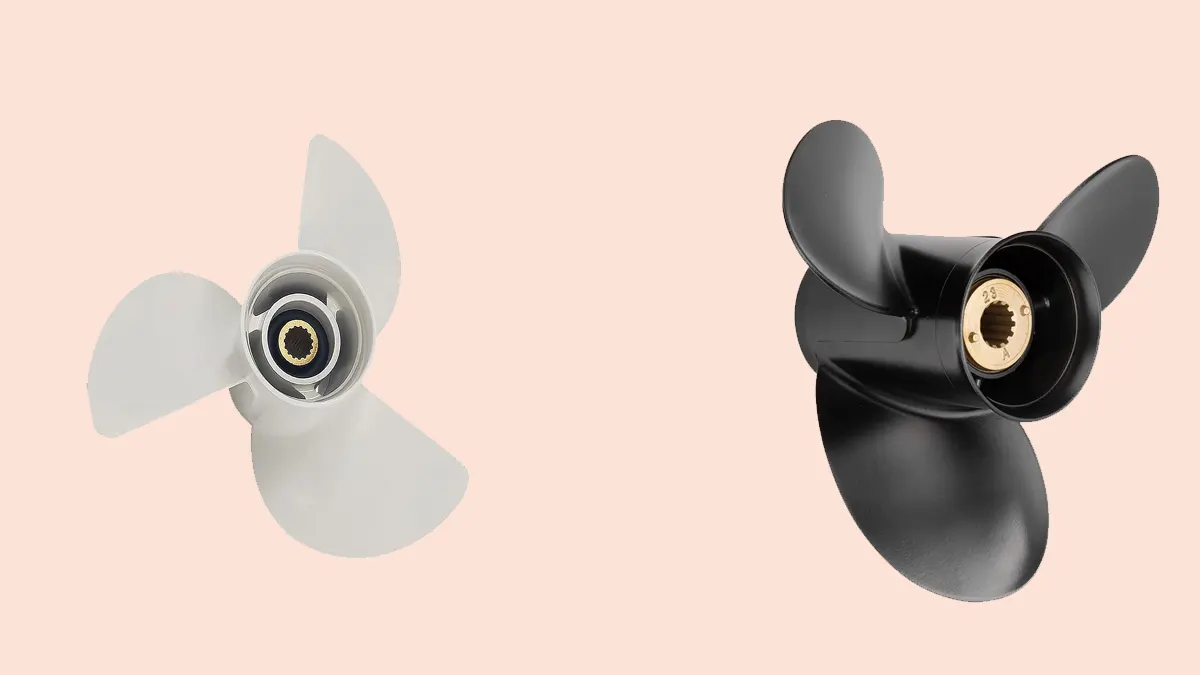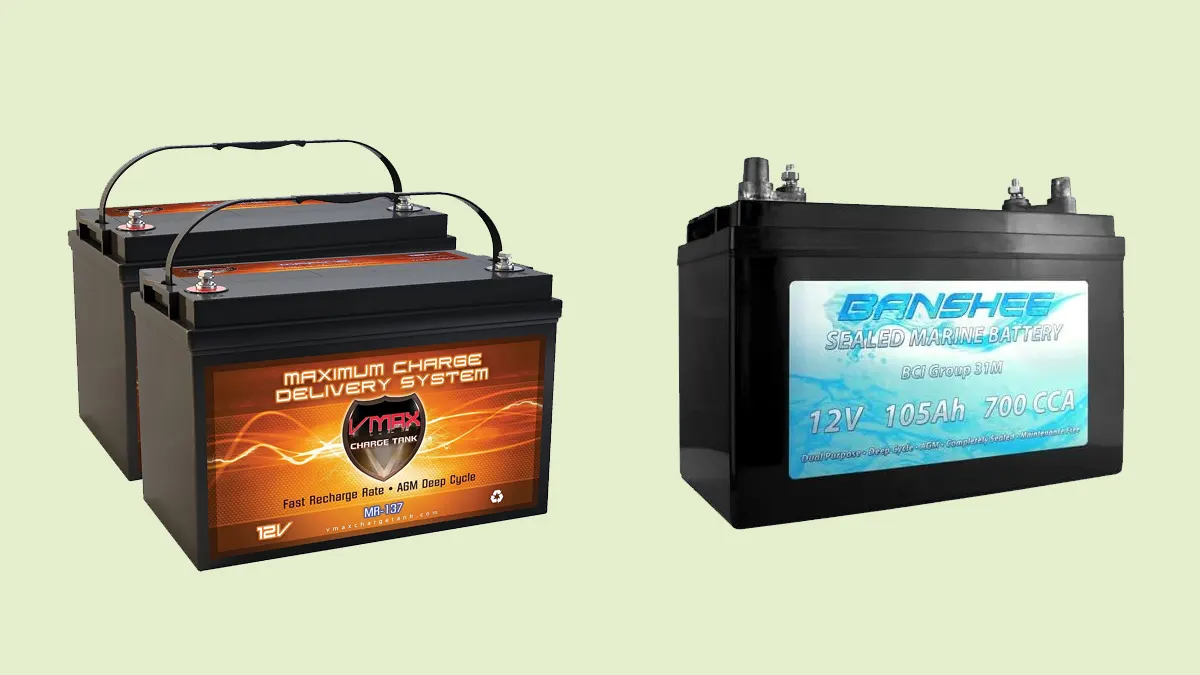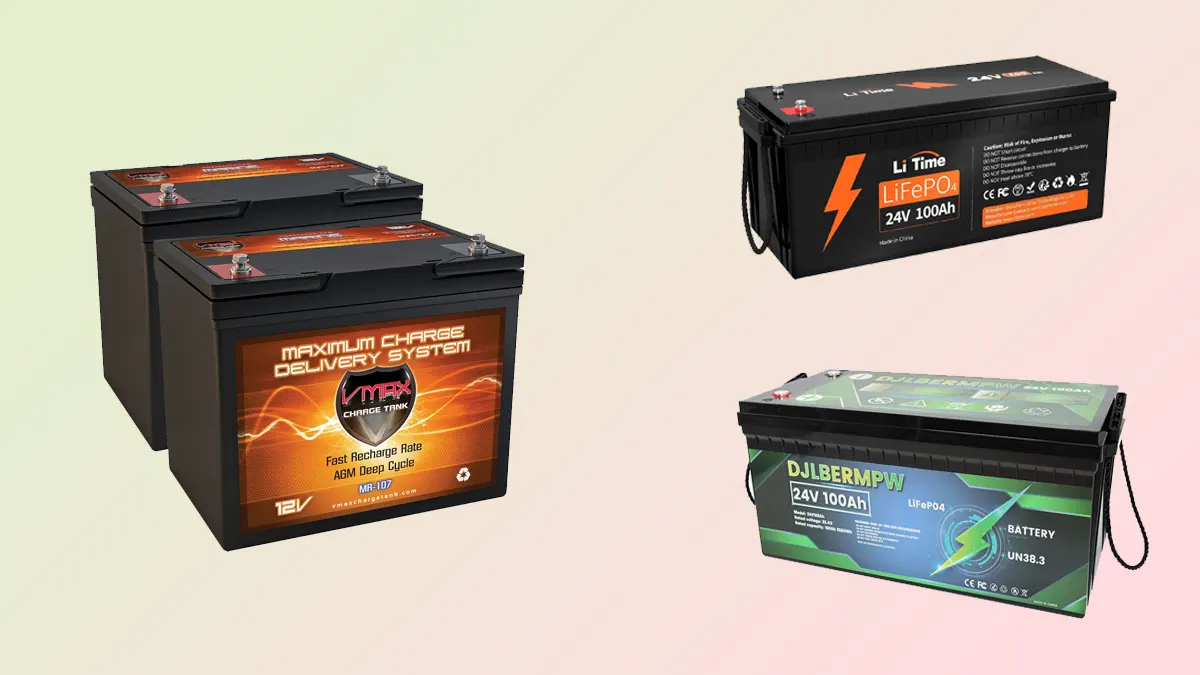The propeller is the primary component responsible for converting the engine’s power into thrust, propelling your boat forward. A well-matched propeller can optimize fuel efficiency, enhance acceleration, and improve boating performance.
Your Yamaha 150 4 Stroke outboard engine is a marvel of engineering, designed for performance and reliability. However, to unlock its full potential, you need the right propeller. The propeller is not just a spinning blade but a critical component affecting speed, fuel efficiency, and maneuverability. This article will explore the world of propellers, helping you choose the best one for your Yamaha 150 4 Stroke.
Why the Right Propeller Matters:
The propeller is the primary connection between your boat and the water. It’s responsible for converting engine power into forward motion efficiently. A mismatched propeller can lead to various issues:
- Reduced speed and acceleration.
- Poor fuel efficiency, costing you more on long journeys.
- Difficulty in handling and manoeuvring your boat.
- Increased wear and tear on your engine.
Understanding Propeller Basics:
Types of Propellers:
Propellers come in various designs, each suited for specific purposes:
- Three-Blade Propellers: These are versatile and work well for most boating applications.
- Four-Blade Propellers: Ideal for larger boats and heavy loads, providing better grip in rough waters.
- Stainless Steel Propellers: Known for their durability and resistance to corrosion.
- Aluminum Propellers: Lightweight and cost-effective, suitable for smaller boats.
How Yamaha 150 4-stroke Propellers Work:
Propellers function on the principle of thrust. When the blades rotate, they create pressure differences, generating forward or backward movement. The pitch and diameter of the propeller determine how efficiently it can do this.
Factors to Consider When Choosing a Prop for Yamaha 150 4-Stroke:
Now that you understand why choosing the right propeller is crucial, let’s delve into the factors you should consider when making your selection:
Propeller Material:
The material of the propeller affects its durability and performance. Common materials include aluminium, stainless steel, and composite.
Pitch and Diameter:
Understanding pitch and diameter is essential. Pitch affects speed, while diameter impacts load-carrying capability.
Blade Design:
Different blade designs have distinct advantages, such as three-blade and four-blade props.
Right-Hand vs. Left-Hand Rotation:
Choosing the correct rotation direction ensures your boat moves efficiently through the water.
Hub Design:
The hub connects the propeller to the prop shaft. A hub with a good design absorbs shocks and protects your gearbox.
Price Range:
Propellers come in various price ranges. You can find the best one that fits your budget through our list.
Boat Type and Usage:
The type of boat you have greatly influences your propeller choice. Pontoon, fishing, and speedboats require different propellers to optimize performance.
Pitch and Diameter:
The pitch, or the angle at which the blades cut through the water, affects the boat’s speed and performance. Diameter influences the propeller’s efficiency. Finding the right balance is key to optimizing your Yamaha 150 4 Stroke’s capabilities.
Material:
Propellers are commonly made of stainless steel or aluminium. Stainless steel props are more durable and resistant to damage, while aluminium props are lighter and less expensive. Your choice depends on your budget and intended use.
Engine Compatibility:
Ensure that the propeller you choose is compatible with your Yamaha 150 4-stroke engine. Refer to the manufacturer’s guidelines for specific recommendations.
Installation and Maintenance:
Installing a new propeller or replacing an old one requires some technical know-how. It’s recommended to seek professional assistance to ensure a secure and precise installation. Regular maintenance, including propeller inspection, cleaning, and occasional repairs, is vital to keep your propeller in shape.
How to Replace a Propeller:
Replacing a propeller involves a few steps:
- Safety First: Turn off the engine and disconnect the spark plug wire before starting.
- Remove the Old Propeller: Use a wrench to loosen and remove the old propeller.
- Install the New Propeller: Align the new propeller correctly and tighten it securely.
- Inspect and Test: Check for any issues and run the engine to ensure proper functionality.
Safety Precautions:
Safety should be a top priority when dealing with propellers. Here are some precautions to keep in mind:
- Never work on a running engine.
- Use safety gear, including gloves and goggles.
- Keep hands and clothing away from the propeller when the engine is running.
- Regularly inspect your propeller for damage.
Expert Tips for Propeller Care:
- Clean Regularly: Remove debris and growth from your propeller to maintain peak performance.
- Check for Damage: Inspect your propeller for nicks, bends, or cracks regularly.
- Balance Matters: Ensure your propeller is balanced to prevent vibrations and damage to your engine.
Frequently Asked Questions
Can I use any propeller for my Yamaha 150 4 Stroke?
While there are various propellers available, choosing one that suits your boat’s specifications and boating style is essential. Refer to your boat’s manual for guidance.
What's the difference between aluminum and stainless steel props?
Aluminum props are lighter and more affordable but may need to be more durable. Stainless steel props are stronger and more resistant to damage.
How often should I inspect my propeller for damage?
Regularly inspect your propeller before each boating trip and after hitting any obstacles or debris.
Can a damaged propeller affect my engine's performance?
A damaged propeller can reduce your engine’s efficiency, lead to vibrations, and cause potential long-term damage. Replace or repair damaged propellers promptly.
Can I switch between propellers for different boating activities?
You can switch propellers to optimize your boat’s performance for different activities. Many boaters have multiple propellers for various purposes, such as watersports, cruising, or fishing.




